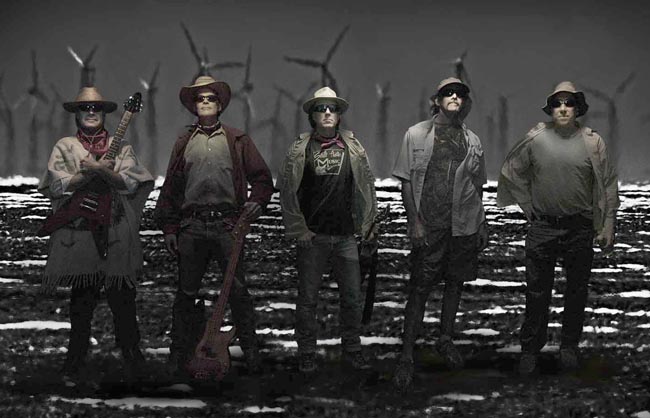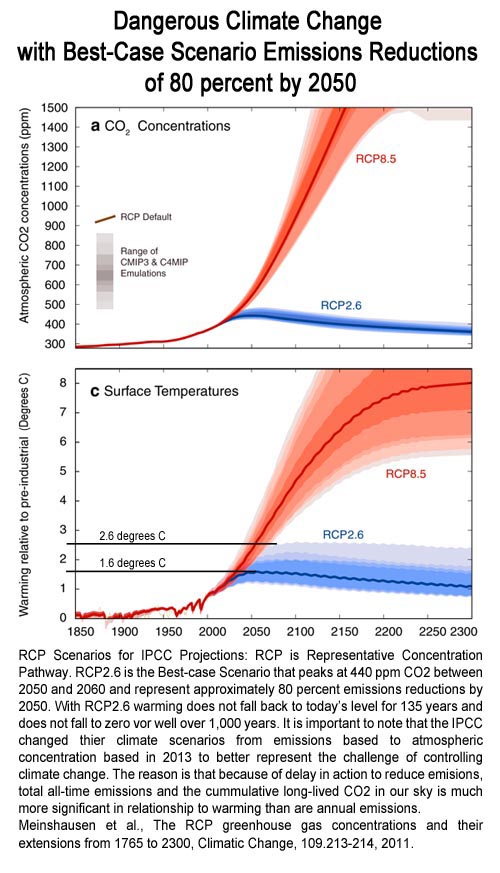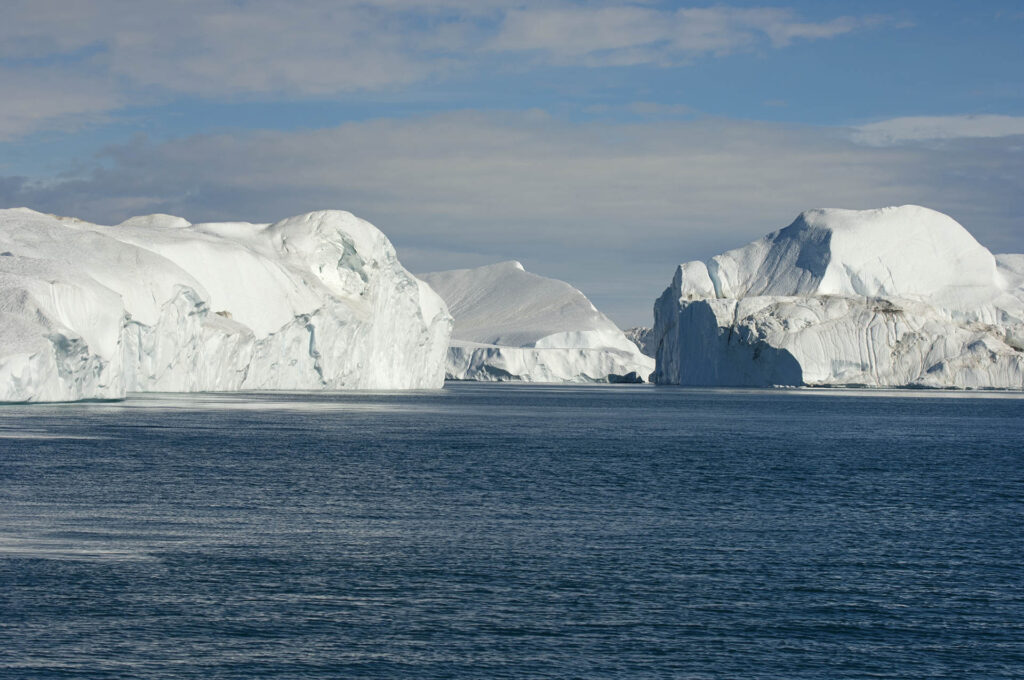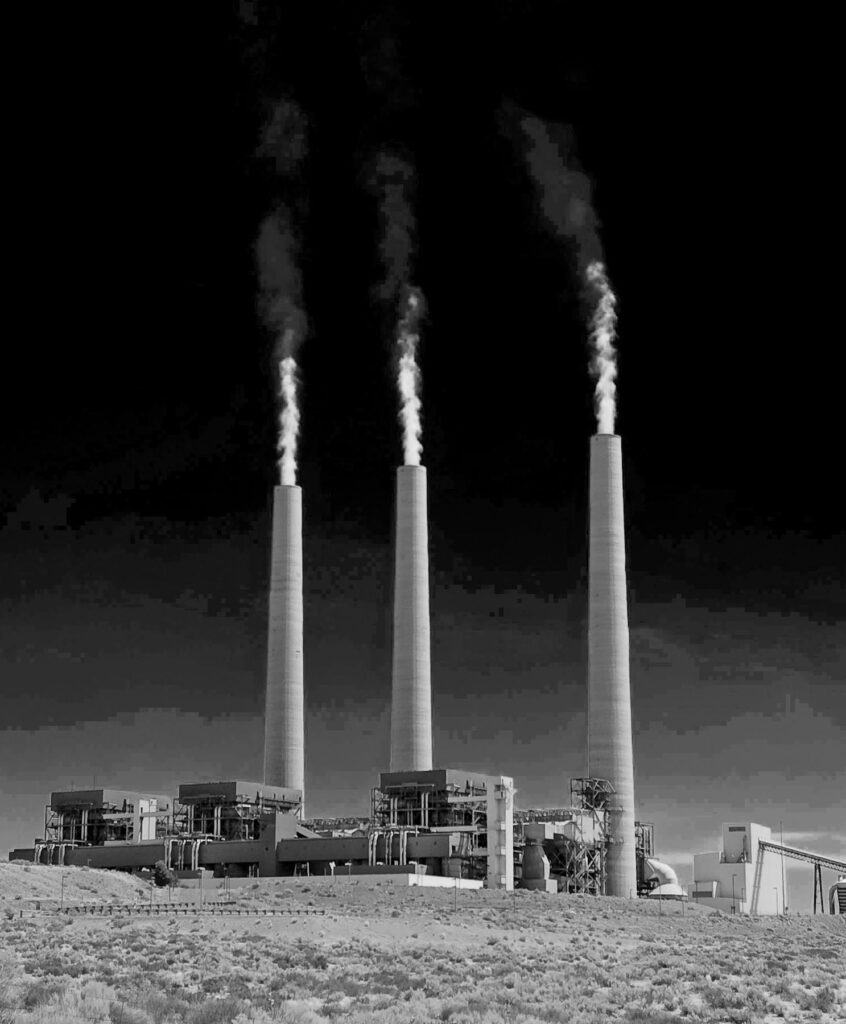
Climate catastrophism, or as it will be called soon, reality, is getting tougher to pin down with every new climate catastrophe. A real page turner on the subject is Lynas, Six Degrees: Our Future on a Hotter Planet. It’s from 2007 and hyperbolic for the day, but appearing less so as extremeness increases faster…



















